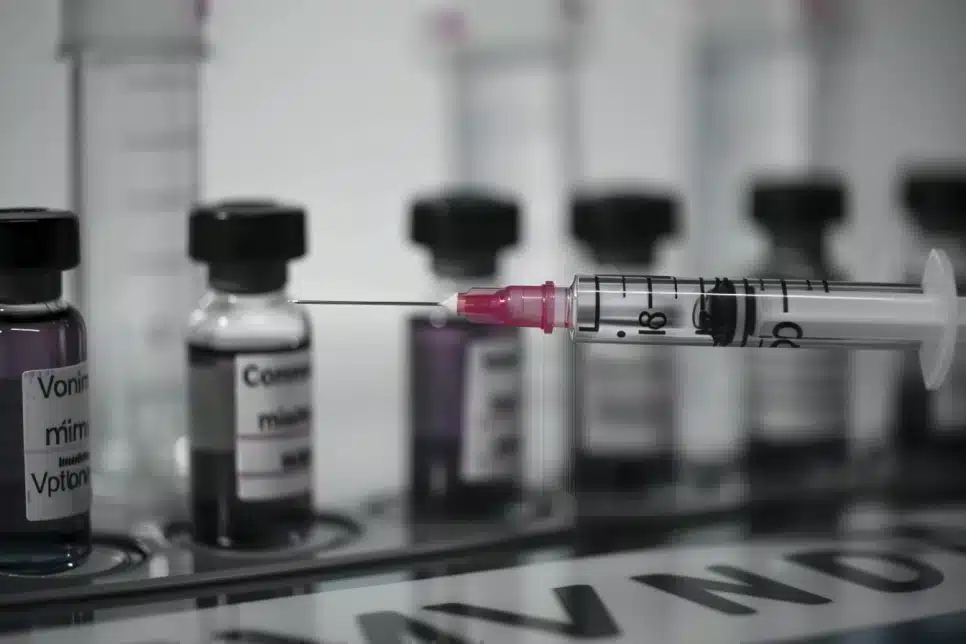As the world begins to pivot from the peak of the COVID-19 pandemic, biotech giant Moderna is setting its sights on expanding its vaccine offerings, moving three experimental vaccines into final-stage trials. The move is critical for Moderna as it seeks to diversify its product lineup and address the dwindling demand for COVID-19 vaccines. Moderna’s Chief Executive Officer, Stéphane Bancel, articulated the company’s vision and the significant unmet needs these vaccines aim to fulfill in a conversation with CNBC, emphasizing the perpetual challenge of latent viruses. “Once those viruses are in your body, it’s in your body forever,” Bancel remarked, highlighting the lack of approved vaccines for several latent viruses that Moderna is now targeting.
The vaccines in question target a variety of viruses: norovirus, known for causing severe stomach flu; Epstein-Barr virus, a common cause of infectious mononucleosis and associated with certain cancers; and Varicella-Zoster virus, responsible for both chickenpox and shingles. These developments represent a significant expansion of Moderna’s portfolio, which has, until now, mainly been anchored by its COVID-19 vaccine. This diversification comes at a crucial time, as the company reported a nearly 45% drop in its share price last year due to falling demand for COVID-19 shots. However, the announcement of these trials saw Moderna’s shares rise more than 3% in premarket trading, signaling investor confidence in the company’s strategic pivot.
During Moderna’s fifth annual “Vaccines Day,” an investor event in Boston, the company outlined its vaccine portfolio’s potential in addressing an estimated total addressable market of $52 billion for infectious disease vaccines. This includes significant opportunities in the respiratory vaccines market and for jabs against latent viruses, which pose a prolonged threat without causing immediate symptoms.
The progress in these trials is a testament to Moderna’s commitment to leveraging its mRNA technology beyond COVID-19 and an indication of the potential impact on public health. With no approved vaccines for norovirus and Epstein-Barr virus and the ongoing challenge of shingles and chickenpox in older adults, Moderna’s candidates could meet critical healthcare needs. The company’s collaboration with Blackstone Life Sciences, injecting up to $750 million into the flu shot program, further underscores the financial and strategic investments powering Moderna’s ambitious vaccine development efforts.
As Moderna prepares for a future beyond COVID-19, with an expected revenue dip in 2024 before rebounding in 2025, the biotech firm is on a path to transforming the vaccine landscape. The trials represent more than a business strategy; they are a beacon of hope for preventing diseases that have long eluded the medical community’s ability to offer protection. Bancel’s vision of Moderna becoming “one of the most important vaccine companies in the world” is closer to realization, with these vaccines paving the way for a new era in infectious disease prevention.




